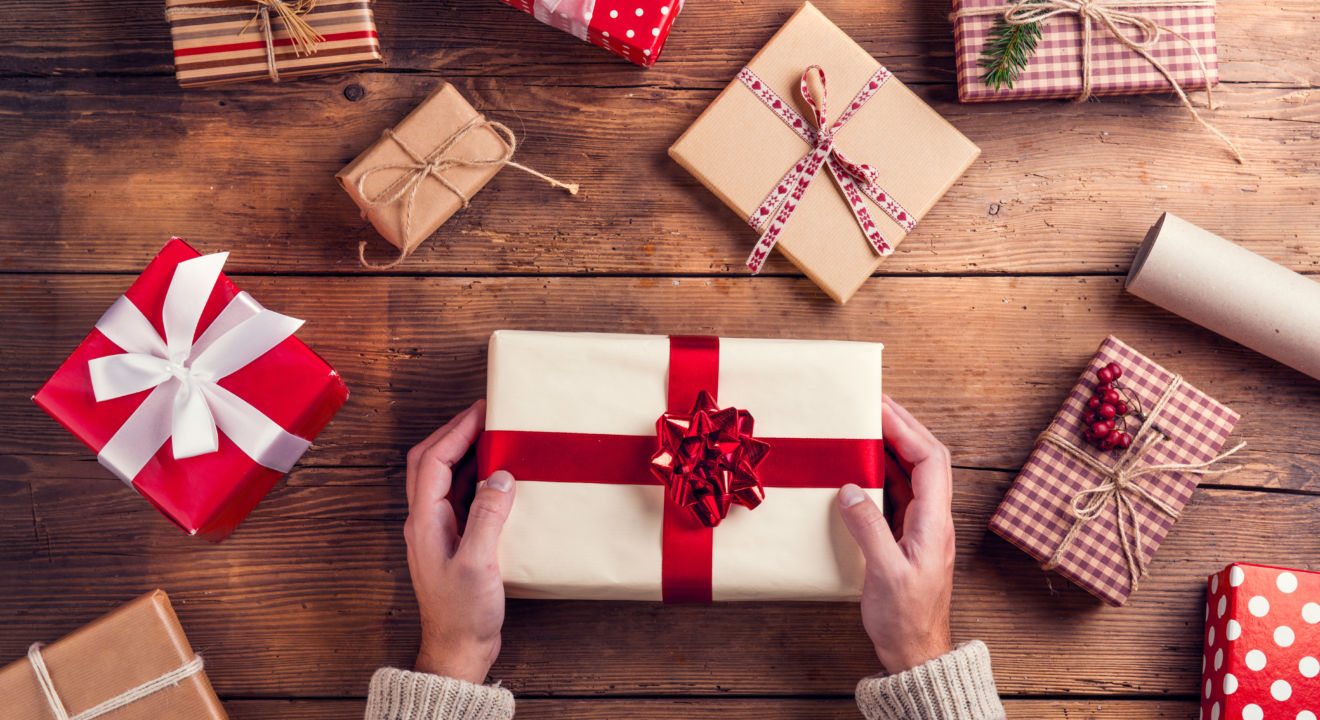Culture December 22, 2016


‘Tis the season to celebrate diversity.
From Christmas to Kwanzaa, each culture has a different tradition associated with the coming of a new year. Some cultures celebrate with extravagant feasts, others give to the poor and many spend time with their families.
For any of you looking to expand your knowledge of the holiday season, here are some five celebrations happening this month.
Hanukkah – or the Hebrew word Chanukah – means “dedication” or “induction” because it celebrates the rededication of the Holy Temple in Jerusalem. In second century BCE, Jews known as “Maccabees” overpowered the Greek army that occupied the Holy Land. After defeating the Greeks, they rededicated the Holy Temple to God.
Chanukah also celebrates the kindling of a seven-branched Menorah (candelabra), which was an important part of the daily service in the Holy Temple. When the Maccabees reclaimed the Temple from the Greeks, they found only a small amount of oil fit to fuel the Menorah for one day. But miraculously, the oil burned for eight days and nights. Now, there are eight days of Chanukah, where Jews light a nine-branched candelabra after nightfall.
Although Chanukah falls on Dec. 24 this year, the date changes every year because it begins on the 25th day of the Jewish month of Kislev. And because the Jewish calendar is based on the lunar cycle, the holiday’s dates change with respect to other calendar systems.
READ MORE: Natalie Portman Gets ‘Every Jew’s Secret Wish’ (VIDEO)
Christmas is a Christian tradition that celebrates the story of the Nativity or the events surrounding birth of Jesus by the Virgin Mary. The English word, “Christmas” is derived from the Old English term”Christes maesse,” meaning “Christ’s mass.”
While the holiday has deep religious significance, Christmas is also often combined with pre-Christian winter celebrations, including Christmas trees, decorations and presents. Thus, people around the world celebrate Christmas in various ways. Some decorate their hones with lights, others organize parties and many churches organize special services.
The holiday is celebrated by Catholics and Protestants on Dec. 25th each year since at least the early fourth century.
Boxing Day is only celebrated in a few countries, mainly those connected to the UK, such as Australia, Canada, South Africa and New Zealand. The holiday started in the UK during the Middle Ages, about 800 years ago. During this time, alms boxes or collection boxes that were kept in churches for the poor were opened. The donations inside would then be distributed to the poor.
In Britain, servants were often given time off to visit their families after Christmas day. Each servant was handed a box to take home, which contained gifts, bonuses and sometimes leftover food.
Boxing day occurs on Dec. 26th each year and many families continue their Christmas celebrations with Boxing Day by enjoying various forms of entertainment. Some participants watch plays or attend sporting events, such as football matches and horse races.
READ MORE: Christmas Quiz: 10 Festive Brainteasers
Kwanzaa is derived from the Swahili phrase “matunda ya kwanza,” which means “first fruits” and was created in 1966 by Dr. Maulana Karenga. It is a week-long celebration that honors African heritage in African-American culture.
Although every family celebrates this holiday in their own way, each celebration often includes singing, dancing, storytelling and a large traditional meal. During this time, people are meant to reflect on who they are and what good they can do in the world.
On each of the seven nights of Kwanzaa, families gather together and light one of the candles on the Kinara. Then one of Dr. Karenga’s seven principles are discussed. These principles are unity, self-determination, collective work and responsibility, cooperative economics, purpose, creativity and faith. Additionally, Kwanzaa has seven symbols to represent the seven values that reflect African culture.
Kwanzaa is celebrated at the same time each year, from Dec. 26 to Jan. 1, and on Dec. 31, families have an African feast called a Karamu.
Omisoka, or New Year’s Eve, is the second most important day in Japanese tradition because it’s the last day of the old year and the eve of New Year’s Day, which is considered the most important day.
In Japanese culture, the “New Year” takes place on the last day of the year, Dec. 31st. This is the time when Japanese people prepare for the incoming year by purifying their homes, removing last year’s clutter and cleaning extensively. This process is called “osoji “and it carries the belief that every new year provides a fresh start.
And while the Japanese also have a giant feast with friends and family, Omisoka isn’t just about partying. For many Japanese people, the holiday is a spiritual event.
READ MORE: Spice up Your Holidays With These 5 New Christmas Albums